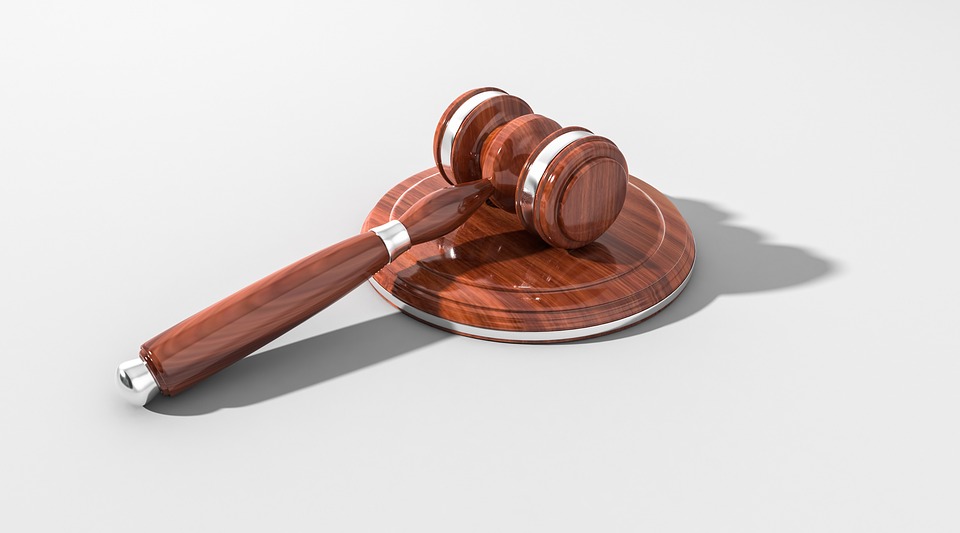Understanding the Law: A Comprehensive Guide to Legal Services
Introduction
In today’s complex and ever-changing world, legal services play a vital role in safeguarding our rights and resolving disputes. Whether you are facing a personal legal matter or seeking professional advice for your business, it is essential to have a comprehensive understanding of the law and the various legal services available to you. This guide aims to provide you with valuable insights into the world of legal services, equipping you with the knowledge needed to navigate through legal complexities effectively.
I. What Are Legal Services?
Legal services encompass a broad range of professional assistance provided by lawyers, attorneys, and law firms. These services are designed to protect and uphold the laws governing our society, ensuring justice and fairness for all. The provision of legal services may include legal advice, representation, document preparation, negotiation, and litigation.
1. Legal Advice
Legal advice is a fundamental aspect of legal services. It involves seeking guidance and counsel from a qualified legal professional who can provide expert opinions and insights on legal matters. Lawyers analyze the specific circumstances of a case, apply relevant laws, and offer advice on the best course of action to achieve desired outcomes. Legal advice is crucial for making informed decisions and understanding the potential legal implications of various actions.
2. Representation
Legal representation involves hiring an attorney to act on your behalf in legal proceedings. This can range from representing individuals in court for criminal or civil matters to advocating for businesses in complex commercial disputes. An attorney’s role in representation includes preparing legal arguments, presenting evidence, cross-examining witnesses, and negotiating settlements. Having a skilled advocate by your side can significantly impact the outcome of your case.
3. Document Preparation
Legal services also encompass document preparation, which involves creating and reviewing legal documents. Lawyers are trained to draft contracts, wills, trusts, and other legally binding agreements, ensuring that they accurately reflect the intentions of the parties involved and comply with applicable laws. This meticulous attention to detail minimizes the risk of disputes and provides clarity in legal transactions.
4. Negotiation
Negotiation is a vital skill in legal services, enabling lawyers to resolve disputes through mutually acceptable agreements. Lawyers adept in negotiation techniques can effectively represent their clients’ interests and help them achieve favorable outcomes without resorting to costly and time-consuming litigation. Negotiation skills are particularly valuable in business transactions, family law matters, and other areas where compromise is possible.
5. Litigation
When disputes cannot be resolved through negotiation, legal services often involve litigation. Litigation refers to the process of taking legal action through the courts to enforce rights or seek remedies. Litigation can be a complex and lengthy process, requiring the expertise of experienced litigators to navigate procedural rules, gather evidence, present arguments, and advocate for their clients’ interests. Skilled litigators are essential in ensuring a fair and just resolution to legal disputes.
II. Types of Legal Services
Legal services encompass various specialized areas of law, each focusing on specific aspects of legal practice. Some common types of legal services include:
1. Criminal Law
Criminal law deals with offenses against society, such as murder, theft, or fraud. Legal services in criminal law involve representing clients accused of crimes, ensuring their constitutional rights are protected, and advocating for fair treatment within the criminal justice system.
2. Civil Law
Civil law covers legal disputes between individuals or entities that do not involve criminal offenses. Legal services in civil law include resolving issues related to contracts, property disputes, personal injury claims, and family law matters like divorce and child custody.
3. Corporate Law
Corporate law focuses on the legal aspects of running a business. Legal services in corporate law involve advising businesses on formation, governance, contract negotiation, mergers and acquisitions, intellectual property protection, and compliance with regulations.
4. Family Law
Family law deals with legal matters involving family relationships, such as marriage, divorce, child custody, and adoption. Legal services in family law include providing guidance, negotiating settlements, and representing clients in court for matters related to family disputes.
5. Real Estate Law
Real estate law encompasses legal issues related to property, such as buying, selling, or leasing real estate. Legal services in real estate law involve conducting title searches, drafting contracts, negotiating deals, resolving disputes, and ensuring compliance with zoning and land use regulations.
III. Frequently Asked Questions (FAQs)
1. Can I handle legal matters without legal services?
While some individuals may choose to handle legal matters on their own, seeking legal services is highly recommended, especially for complex or significant issues. Lawyers possess expert knowledge of the law, understand procedural requirements, and can provide valuable advice to protect your interests and rights.
2. How do I find the right legal services for my needs?
Finding the right legal services involves careful consideration of your specific requirements and seeking recommendations from trusted sources. You can consult professional directories, online platforms, or ask for referrals from friends, family, or business associates. It is crucial to research potential lawyers or law firms, review their experience and expertise, and schedule consultations to assess compatibility.
3. What should I expect during the initial consultation with a lawyer?
During an initial consultation, a lawyer will listen to your legal concerns, ask relevant questions to gather information, and assess the merits of your case. They may provide preliminary advice, explain the legal process, and discuss potential strategies. The initial consultation is an opportunity to evaluate the lawyer’s expertise, communication style, and compatibility with your needs.
4. How much do legal services cost?
The cost of legal services varies depending on factors such as the complexity of the case, the lawyer’s experience, and the region’s prevailing rates. Lawyers may charge hourly fees, flat fees, or contingency fees (a percentage of the amount recovered in certain cases). It is important to discuss and clarify the fee structure with your lawyer before engaging their services.
Conclusion
Understanding the law and the various legal services available is essential for anyone navigating the complexities of our legal system. Whether you require legal advice, representation, document preparation, negotiation, or litigation services, seeking qualified professionals is crucial. By harnessing their expertise, you can protect your rights, make informed decisions, and achieve favorable outcomes in legal matters. Remember, legal services are there to support you and ensure justice prevails in our society.
To delve deeper into the subject of legal services, please visit this informative article: [insert link to external article on Understanding the Law: A Comprehensive Guide to Legal Services].
Disclaimer: This article is for informational purposes only and does not constitute legal advice. Consult a qualified legal professional for personalized guidance in your specific legal matters.




